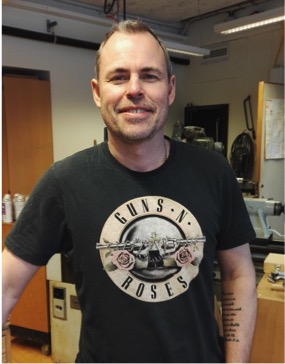 Jag heter Anders och jobbar som servicetekniker i verkstaden i Biologihus A. Är gymnasieutbildad El- och teletekniker och har större delen av mitt yrkesliv jobbat inom verkstads- och monteringsindustrin. Har även jobbat som hjälpmedelstekniker och som handledare inom LSS. På fritiden är jag verksam som fotbollstränare, pysslar med huset, trädgården och familjens djur. Tränar även på gym och målar lite tavlor i olja när tid finnes. Bor i Kärrstorp, i den skånska myllan utanför Stehag tillsammans med fru och barn.
Jag heter Anders och jobbar som servicetekniker i verkstaden i Biologihus A. Är gymnasieutbildad El- och teletekniker och har större delen av mitt yrkesliv jobbat inom verkstads- och monteringsindustrin. Har även jobbat som hjälpmedelstekniker och som handledare inom LSS. På fritiden är jag verksam som fotbollstränare, pysslar med huset, trädgården och familjens djur. Tränar även på gym och målar lite tavlor i olja när tid finnes. Bor i Kärrstorp, i den skånska myllan utanför Stehag tillsammans med fru och barn.
Nina Sandberg – ny personaladministratör
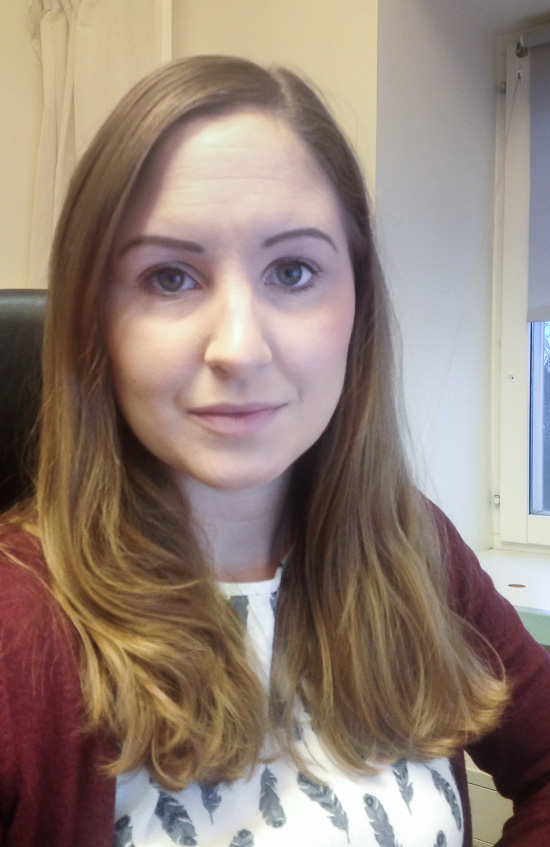
Mitt namn är Nina Sandberg och jag är ny vikarierande personaladministratör på biologiska institutionen sedan den 11 januari. Till mina arbetsuppgifter hör personaladministrativa ärenden och att hjälpa till med diverse frågor rörande detta. Ni hittar mig på prefektkansliet i Ekologihuset, rum E234.
Jag har en examen i arbetsvetenskap från Högskolan i Halmstad. Tidigare har jag arbetat inom servicebranschen, till största del som hotellreceptionist och då även varit behjälplig en del mer administrativt.
Jag kommer från Halmstad, där jag även bor idag. På fritiden ägnar jag en del tid åt Krav Maga, som jag såväl utövar som är instruktör i. Utöver det umgås jag gärna med nära och kära.
Melodikryss i genomik
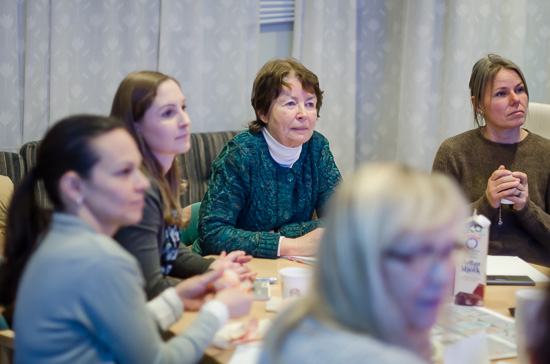
Igår ordnade Karin Rengefors, Helena Westerdahl och Christina Rengefors en (mer …)
Minnesord över Ingrid Frykman
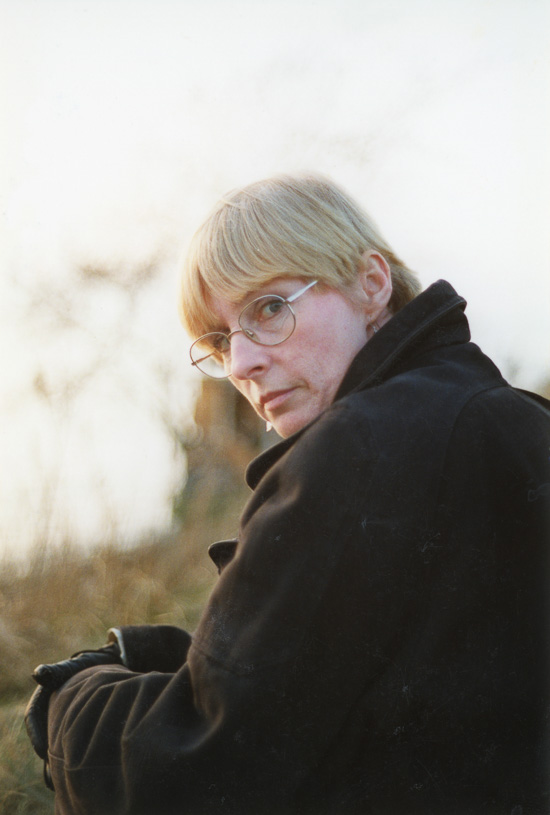
Vår kollega och vän, Ingrid Frykman, 71 år, har avlidit i hemmet i Lund efter en tids allvarlig sjukdom.
Ingrid kom från Nässjö till Lund för att studera kort efter (mer …)
Life, the Universe and Everything
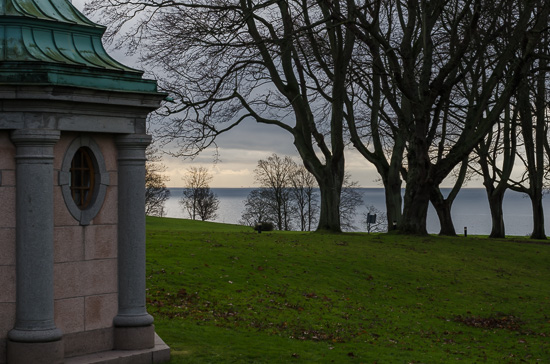
Not 42 but 20 speakers helped us to find answers to many questions at the Evolutionary Ecology Christmas meeting at Örenäs Castle. The unit spent all (mer …)
LuciaArt 2015
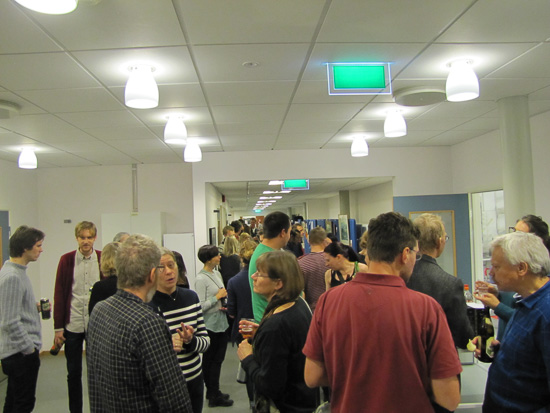
On the 11th of December the Department of Biology had its ”annual” Lucia Art Show in Building D. A dozen of creative people in our staff showed their works of art for a severalfold bigger crowd of colleagues. Everywhere you (mer …)
New internal website in English
Our English internal website is launched at last! Most of the content at our Swedish internal website is now also available in English. The content (mer …)
Markus Ringnér – new research engineer
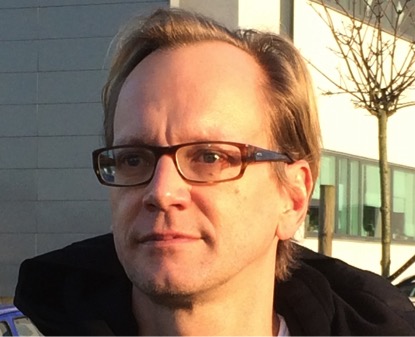
My name is Markus Ringnér. I recently joined the SciLifeLab Bioinformatics Platform as part of the team for bioinformatics long-term support. Our team is part of a national infrastructure currently building local nodes at Swedish Universities. I was recruited to the node at Lund University positioned within the Department of Biology.
I come from a position as a researcher at the Oncology and Pathology Division, Faculty of Medicine, where my research focused on cancer genomics and epigenetics. I obtained my Ph.D. at the Department of Theoretical Physics and I am very glad for this opportunity to return to the Faulty of Science. You are most welcome to contact me with questions related to bioinformatics and beyond.
You can find more information about the bioinformatics long-term support here.
Equality group recommends: The eye of the Twitterstorm
A new initiative from the Equality Group at the department is to use this forum to recommend interesting and thought-provoking equality-themed articles, blog posts, etc.
We recommend this article that was recently published in Nature:
Science and sexism: In the eye of the Twitterstorm
It discusses the role that social media in general, and Twitter specifically, can have in shaping the debate around gender issues in science. We like the article because it gives a balanced view of the strengths and limitations of what social media can accomplish in this area. Check it out!
Gör en insats och få ökad synlighet på köpet
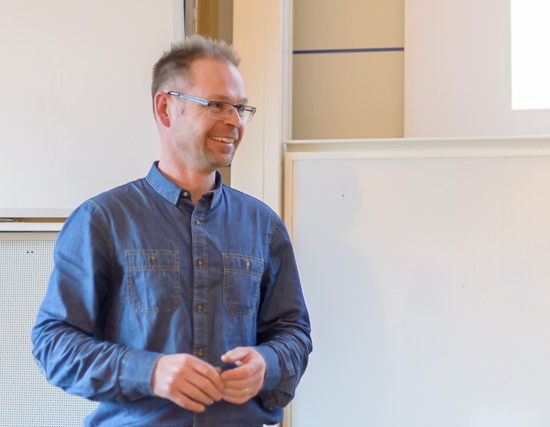
Idag ordnade SACT seminarium. Marie Dacke hade bjudit in Olle Terenius från Uppsala. Han berättade hur SLU jobbar med (mer …)
Elsa Call – new PhD-student
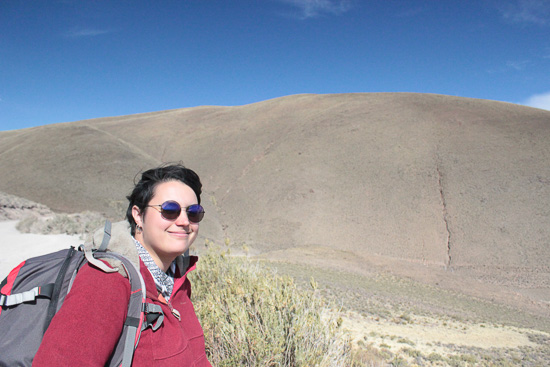
I am a PhD student from France and I am working in the Biodiversity Lab in November 2015 under the supervision of Niklas Wahlberg and Mikael Hedrén. I am involved in different projects as investigating the level of DNA degradation in museum specimens of various ages, exploring different possibilities for sequencing DNA from museum samples and finally phylogenetics studies on particular clades of Lepidoptera (butterflies).
Yihan Xia – new PhD-student
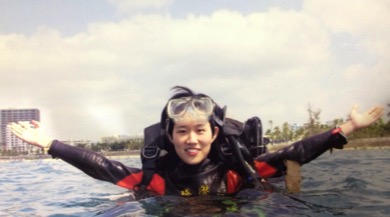
My name is Yihan and I recently started my PhD-studies in the Pheromone Group.
I will study production of insect pheromones in genetically modified plants under the supervision of Christer Löfstedt. Christer’s team has already proven that some of the most common moth pheromone compounds can be produced in a tobacco relative by transient expression of the necessary genes. The aim of my PhD project is to further demonstrate the technical and commercial feasibility of production of insect pheromones in the plant factories by a synthetic biology approach.
I come from China and I was born in Quzhou, which is a small city in Zhejiang Province of China. I went to Nanjing Agriculture University (NAU) to start my bachelor study in year 2008, majored in ecology. After this I majored in Agricultural Entomology and Pest Control at Nanjing Agricultural University and graduated with Master’s degree in June 2015.
I love swimming, various ball games and science, and I am very glad for the opportunity to perform PhD studies and research in the Pheromone group!

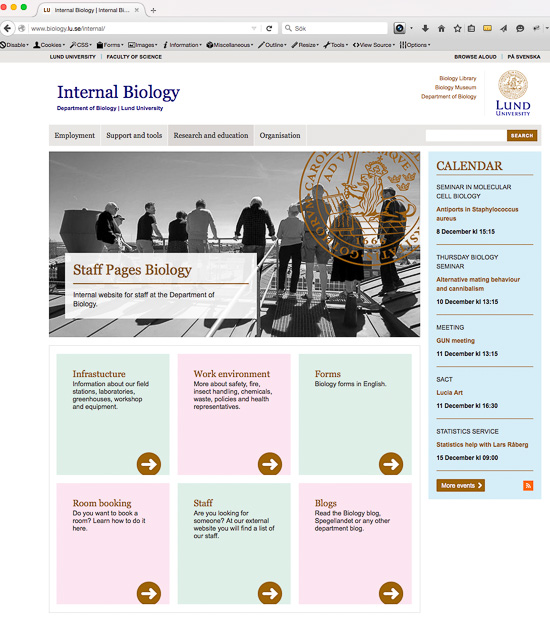
Kommentarer